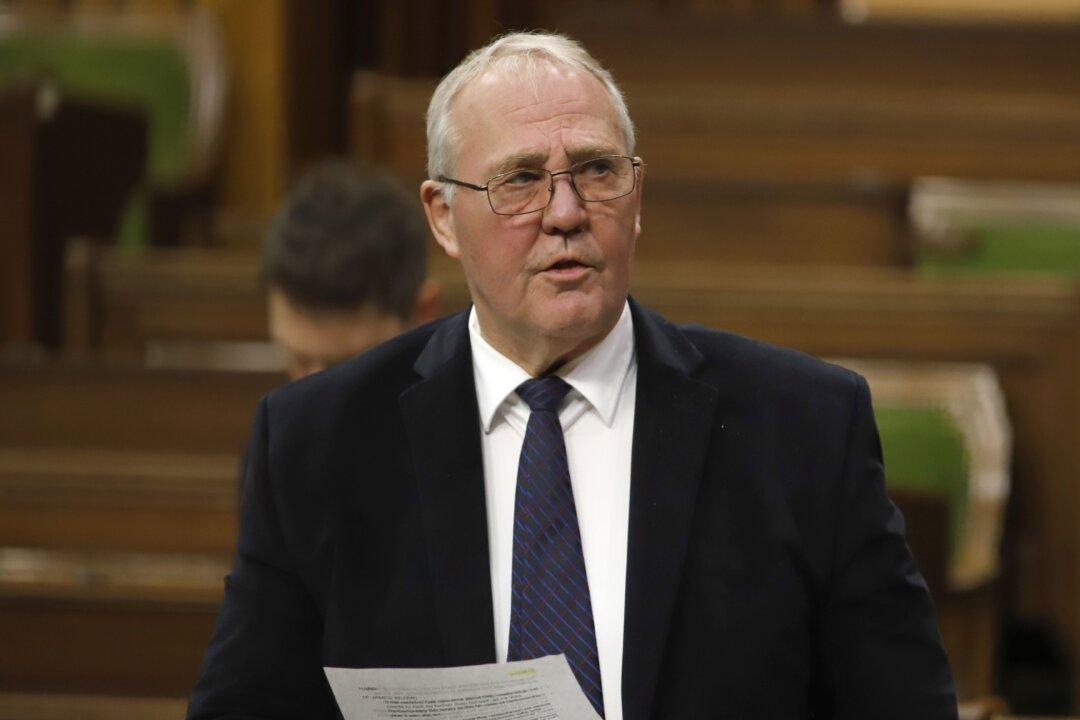Recent moves by the federal government to address hate groups and online hate speech has civil liberty advocates concerned that political considerations could be overriding the rule of law.
John Carpay, founder and president of the Justice Centre for Constitutional Freedoms, believes the government has shown bias by its lack of condemnation of leftist groups’ often violent activism following the death of George Floyd last May in contrast to its willingness to take action in response to the storming of the U.S. Capitol on Jan. 6.





